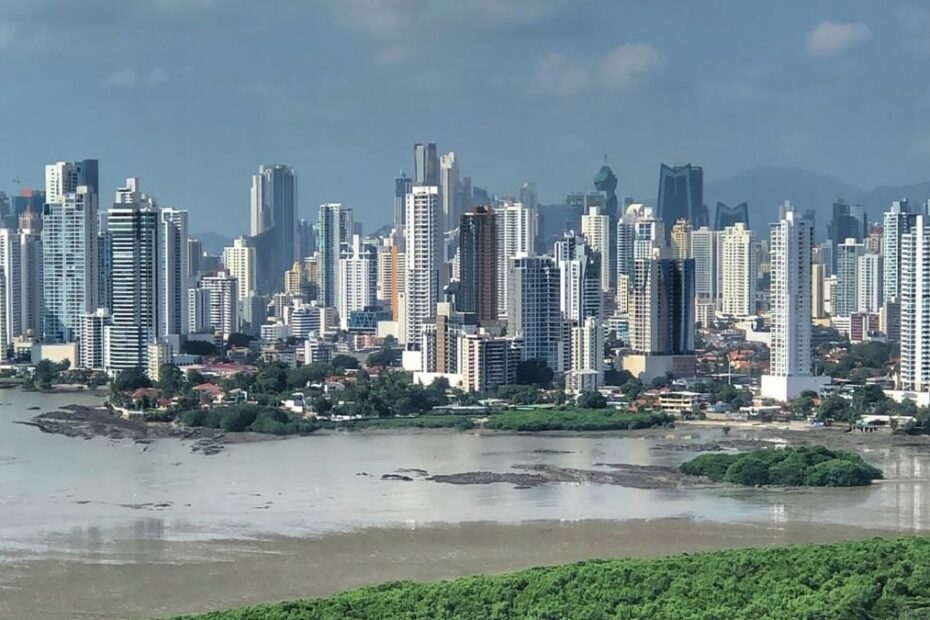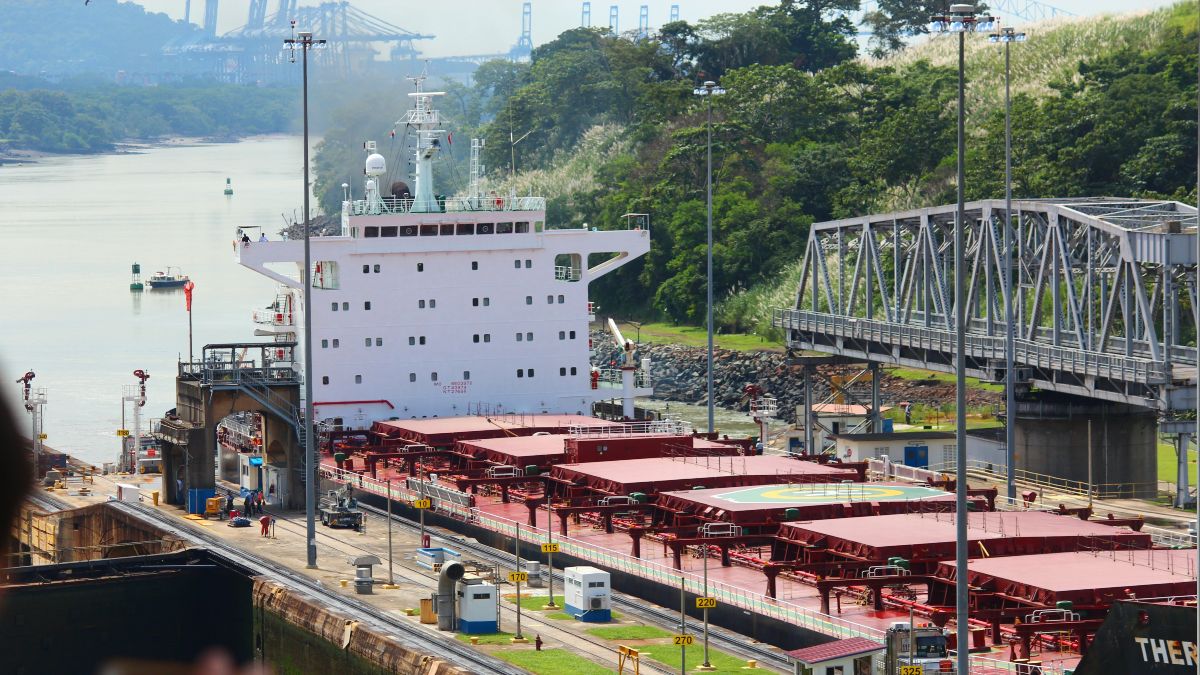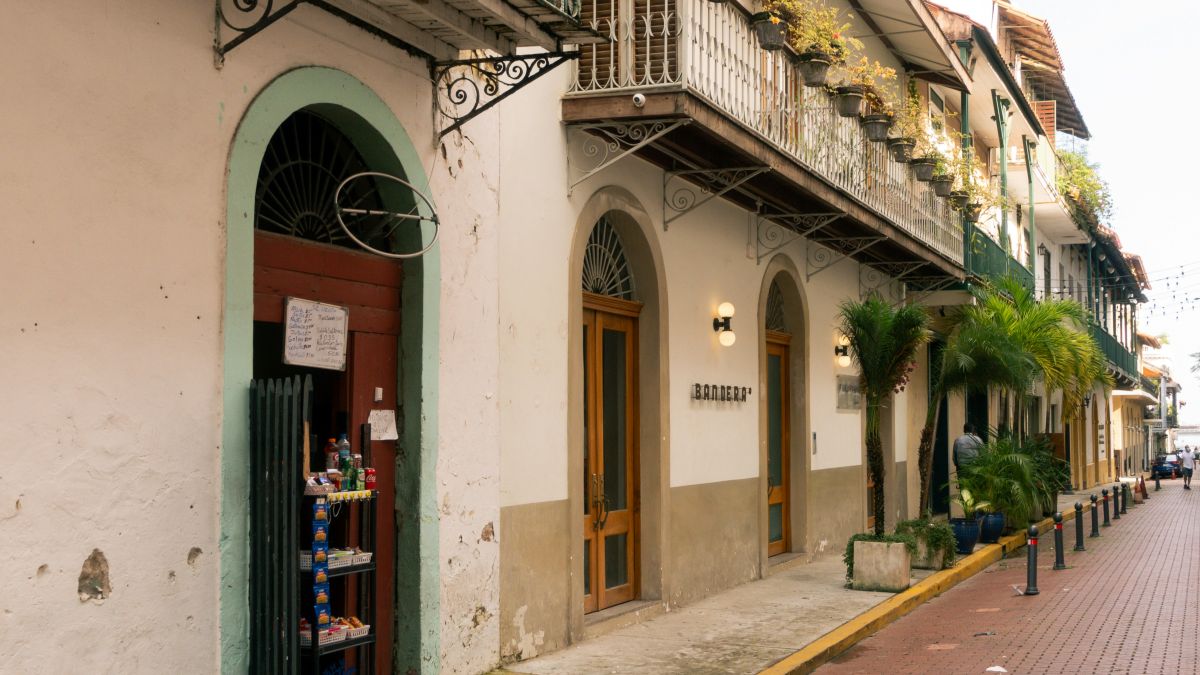Panama’s Friendly Nations Visa changes to something, well, something not so friendly. Especially if you’re from Taiwan. Or don’t want to/can’t spend $200,000 on real estate. Or can’t get a job in Panama.
One of the best things about moving to Panama as an expat was the ease of getting residency. Compared with, say, Costa Rica, Panama’s Friendly Nations Visa was a super-easy, super-fast process for citizens of 54 countries considered friendly to Panama.
We published an article in 2018 lauding the Friendly Nations Visa and explaining how to get it, and yeah, it was super-easy.
Our writer at the time said the following about the Friendly Nations Visa:
“To apply you need to be a resident and a citizen of one of 50 [since 2018, they added four countries] ‘friendly nations’. These include the USA, Canada, most European countries, Australia, New Zealand, Japan, Hong Kong, South Korea, and Taiwan.
“You need to prove economic ties to Panama as a board member or major shareholder of a local corporation. Registering a business or buying an existing one with proof of taxes is the least expensive way to achieve this.
“You also need to prove ownership of a Panamanian bank account holding at least $5,000, plus $2,000 for each dependent.”
And that was about it. You had to show up in Panama in person to cross the tees and dot the eyes, but the Friendly Nations Visa was a go if you could follow the requirments above.
Until now, that is.
So what’s changed?
Well, from August of this year, Panama will drop the friendliest parts of its Friendly Nations Visa Program. Applicants from the 54 friendly countries can now no longer buy or register a business to prove economic ties to Panama.
They’ll have to either invest at least $200,000 into Panamanian real estate or get employed with a Panamanian company – difficult at the best of times but in a Covid economy? Please.
So buying a corporation for say, $1,500 or whatever and proving your ties that way is over. This is terrible news for anyone who wanted to rent a home in Panama and still qualify for Friendly Nations.
The second major change isn’t as much of a gut blow as the eliminating the purchase of a corporation and forcing you to invest in real estate change, but it’s still not good.
Basically, your Friendly Nations Residency under the new rules will be temporary and not permanant for two years.
Under the original rules, you got permanant residency straight off the bat if you qualified. Now, you can drop $200,000 on real estate and still not know if Panama wants you on a permanant basis after two years.
One inevitable consequence of the $200K real estate minimum will be sellers hiking up the prices of their property to buyers trying to qualify for the visa. You can see that coming from a mile away.
Does Panama want to drive away its expat community or not attract more people?
And then there’s the third change, which kind of sickens me, I have to say.
Panama’s 54 Friendly Nations is now 53, as they’re taking Taiwan off the list. Anyone who knows Central America knows this snubbing of Taiwan under bullying pressure or bribery from the CCP in China is common around here.
Costa Rica dropped Taiwan like a hot brick in 2007 when China promised it a new national stadium. This was after Taiwan provided a brand new Costa Rica-Taiwan Friendship Bridge across the Gulf of Nicoya (now called just the Friendship Bridge, haha).
Geopolitics sucks, especially when bowing and scraping to the Beijing regime in return for, I dunno, a new Caribbean port?
But whatever, the upshot is that if you’re from Taiwan, you’re no longer considered a citizen of a friendly nation in Panama. I’m surprised it took this long seeing as Panama disavowed Taiwan for China in 2017.
As an FYI, El Salvador also “unrecognized” Taiwan in 2018. The other Central American countries aren’t buckling to CCP pressure or bribes. Yet.
Anyway, back to the Panama Friendly Nations Visa changes.
If you’re planning to get your residency through Friendly Nations in the easy, existing way, you have until August 5 to do so. After that, it all changes. It’s worth pointing out that these changes were published in La Gaceta yesterday, so they are, unfortunately, official.
For more info on this, we suggest you join some of the Panama expat Facebook groups to check out the chitter chatter on the ground. Expats in Panama – Active and Young Expats in Panama are both discussing this at length.
It’s also worth contacting reputable immigration attorneys in Panama like Kraemer & Kraemer (who are running a webinar on these changes next week for anyone interested).
We’ll keep you informed here of any further changes, too.
But right now, the bad news is that living in Panama as an expat has just gotten a lot, lot harder for many people.




